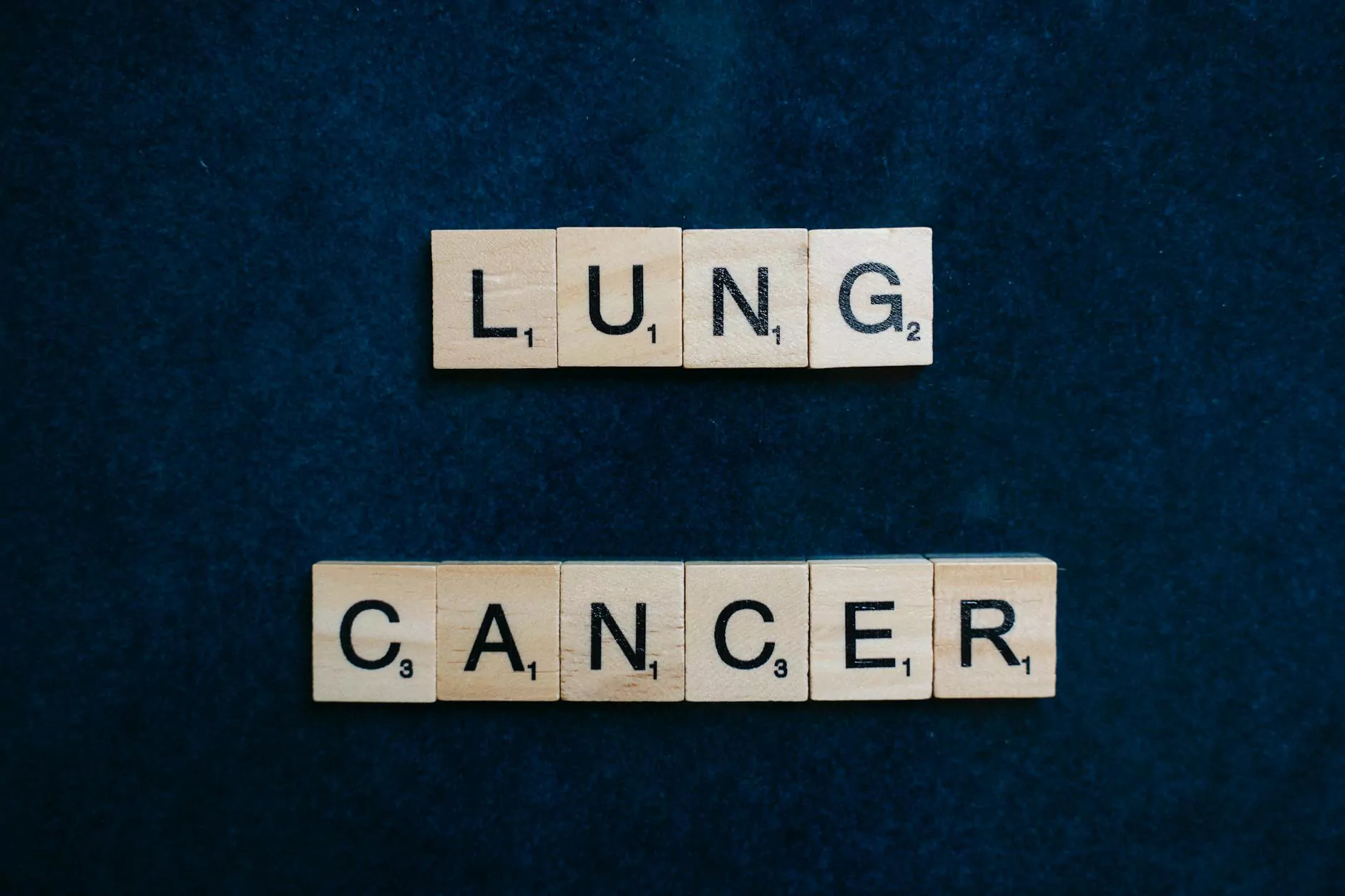Reasons for Lung Cancer in Nonsmokers

Lung cancer is often associated with smoking, but it is essential to understand that nonsmokers can also develop this serious illness. While the prevalence of lung cancer in nonsmokers is lower than in smokers, there are several factors that can contribute to the development of lung cancer in this population.
Genetic Factors
Genetics play a significant role in determining an individual's susceptibility to lung cancer. Some people may have genetic mutations that make them more prone to developing the disease, even if they have never smoked. This highlights the importance of understanding one's family history and genetic predispositions when assessing the risk of lung cancer.
Environmental Exposures
Exposure to certain environmental factors can increase the risk of lung cancer in nonsmokers. For instance, radon gas, a naturally occurring radioactive gas found in some homes and buildings, is a known carcinogen that can lead to lung cancer. Other environmental pollutants, such as asbestos and secondhand smoke, can also contribute to the development of lung cancer in nonsmokers.
Occupational Hazards
Some occupations involve exposure to harmful substances that can elevate the risk of lung cancer in nonsmokers. Workers in industries such as mining, construction, and manufacturing may come into contact with carcinogens that can damage their lung tissues over time. It is crucial for individuals working in high-risk occupations to take necessary precautions to minimize their exposure to these harmful agents.
Radiation Exposure
Exposure to ionizing radiation, whether from medical procedures or environmental sources, can increase the likelihood of developing lung cancer in nonsmokers. People who have undergone radiation therapy for other medical conditions may have a higher risk of developing lung cancer later in life. It is essential for healthcare providers to consider the potential long-term effects of radiation exposure on their patients.
Diet and Lifestyle Choices
While smoking is the leading cause of lung cancer, poor diet and unhealthy lifestyle choices can also contribute to the development of the disease in nonsmokers. Obesity, lack of physical activity, and a diet high in processed foods may increase inflammation in the body and weaken the immune system, making individuals more vulnerable to cancerous growths.
Conclusion
It is clear that lung cancer can affect nonsmokers as well, and understanding the various reasons for its occurrence is of utmost importance. By recognizing genetic predispositions, minimizing environmental exposures, taking precautions in high-risk occupations, being mindful of radiation exposure, and adopting healthy lifestyle habits, individuals can reduce their risk of developing lung cancer. Regular screenings and consultations with healthcare providers can further aid in the early detection and management of this disease.
Neumark Surgery is dedicated to providing comprehensive care and support for individuals at risk of or diagnosed with lung cancer. Our team of experienced doctors, medical centers, and plastic surgeons are committed to offering personalized treatment plans and guidance to help patients navigate their journey towards better lung health.
reasons for lung cancer in nonsmokers








